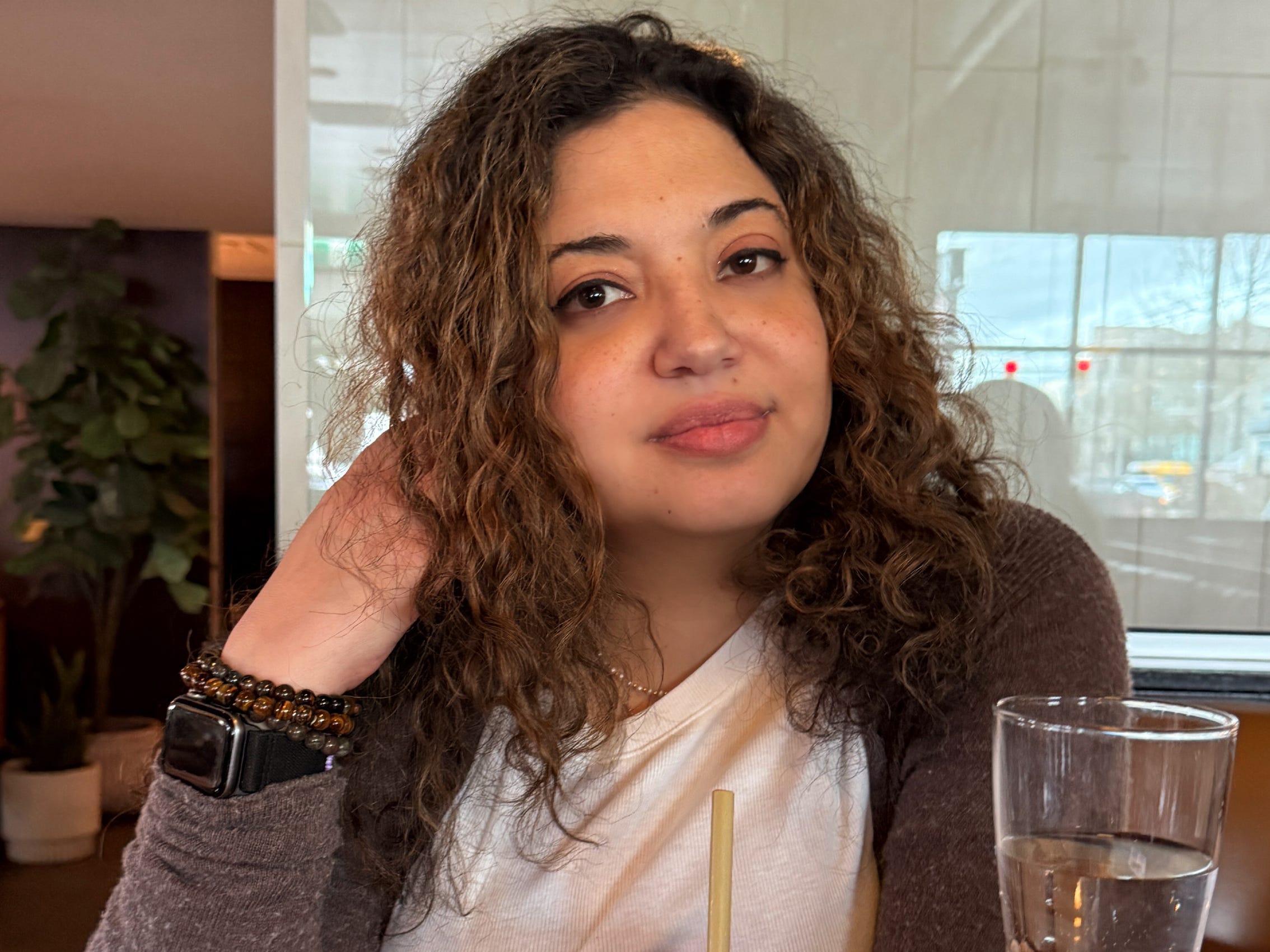
Courtesy of the author
My name is Karen. For years, I always had a love-hate relationship with my name.
Growing up in Egypt, my name was very unique. My mom named me after her friend, a strong woman she admired. As a child, she was the only person I met with that name. Back home in Egypt, some people struggled to pronounce it correctly.
Years later, being a Karen became a thing.
My name is a conversation starter.
Secretly, I always wanted to change my name to something common. So, I opted for a nickname instead. My nickname, Karkoura, helped me blend in instead of standing out.
As a teen, I actually started to like it. I began to appreciate the uniqueness it brought to my identity. My name became a conversation starter, and I found that sharing the story of my name often led to deeper connections with others.
When I met my now-husband, he never called me by my nickname. He always told me how much he loved my name, and I think this small gesture helped my confidence.
After I moved to Canada in 2012, people asked me shocking questions about my name. Some were curious whether it was my birth name, and some asked me if I picked this name after immigrating to Canada. It felt condescending and very uncomfortable.
The comments I received, even from professionals such as doctors, about my English being too good for an Egyptian or the stereotypical questions like, “Did you ride a camel?” or “Are there a lot of deserts where you lived?” just showed how little people understand about Africa in general and Egypt in particular.
They still think we aren’t well educated and have nothing but the desert. It felt like I always needed to prove to others something, just because of how some people view my country.
My name has negative connotations.
Then, the whole “Karen” trend happened in 2018, and my name became the bane of my existence.
People started calling a person “a Karen,” which is often used to refer to people who act entitled, rude, and racist toward others.
It got even worse on social media. At first, I was annoyed. If I commented on a post about anything, people would tell me, “You’re such a Karen,” even if my comment was about something as trivial as not liking oat milk.
Navigating a space where discussions often devolved into personal attacks rather than constructive dialogue was exhausting.
I also noticed my kids’ embarrassment when someone asked my name, as they are very aware of its negative connotation.
At school, students would use it to mock other kids. My younger kids’ teacher told the class that a name should never be used as an insult. Some parents might have that name, but some students, too, and this will hurt other people’s feelings.
My teen daughter wanted her own Starbucks account, so my name won’t be called when her order is ready. During lunch break, everyone goes to the Starbucks next to her school, so when the barista shouts Karen, she says everyone looks to see who has that name.
Knowing the stereotype attached to the name, why would she want to be associated with it logically?
I feel like I never get a break on my name
Secretly, I was sad but joked about it.
Complaining about my name might sound like a first-world problem. But because I always had issues with it — even back home — it felt like I never got a break.
It’s amazing how a simple thing like a name can cause us to have preconceived notions about a person, even without knowing them.
So, if you can’t beat them, join them in the fun. Now, when I introduce myself, I start by making a joke: “Don’t worry; I’m a nice Karen.“
The post My name is Karen. People online use it to make fun of me. appeared first on Business Insider.




